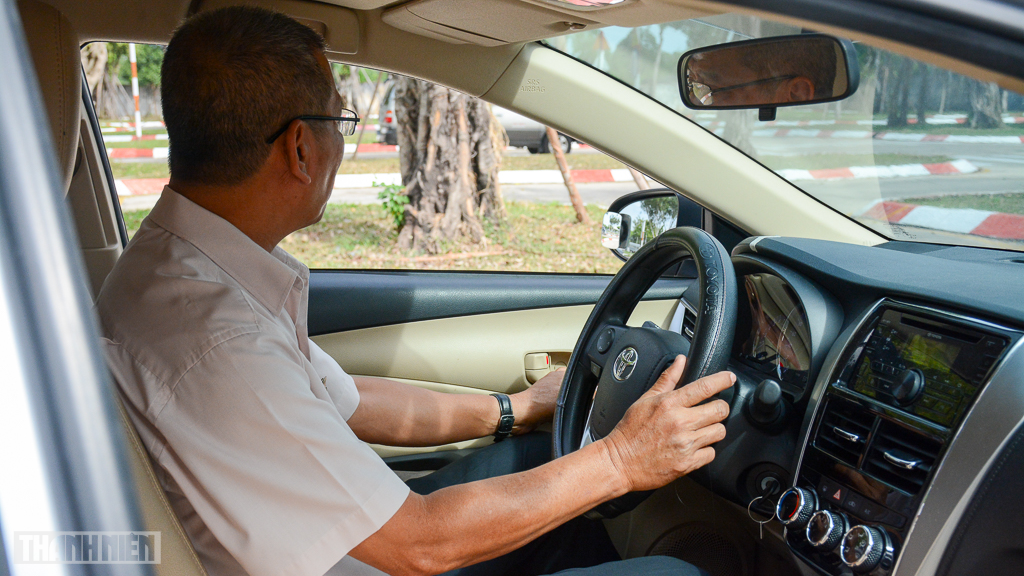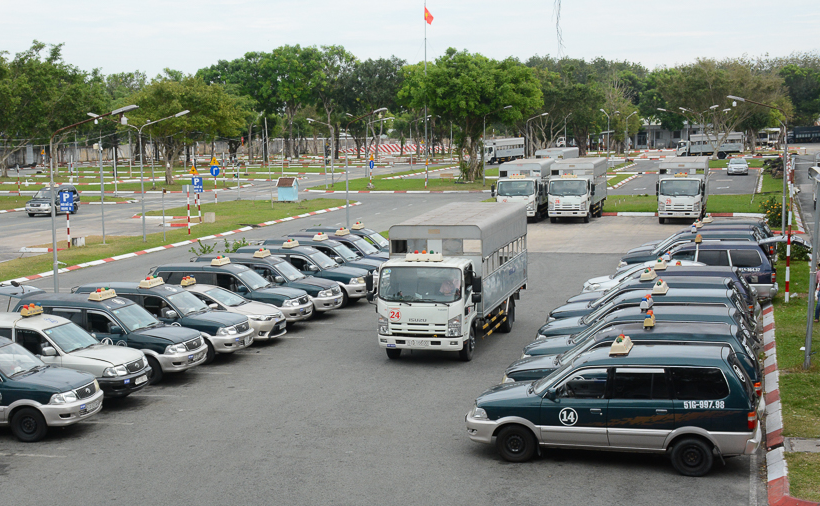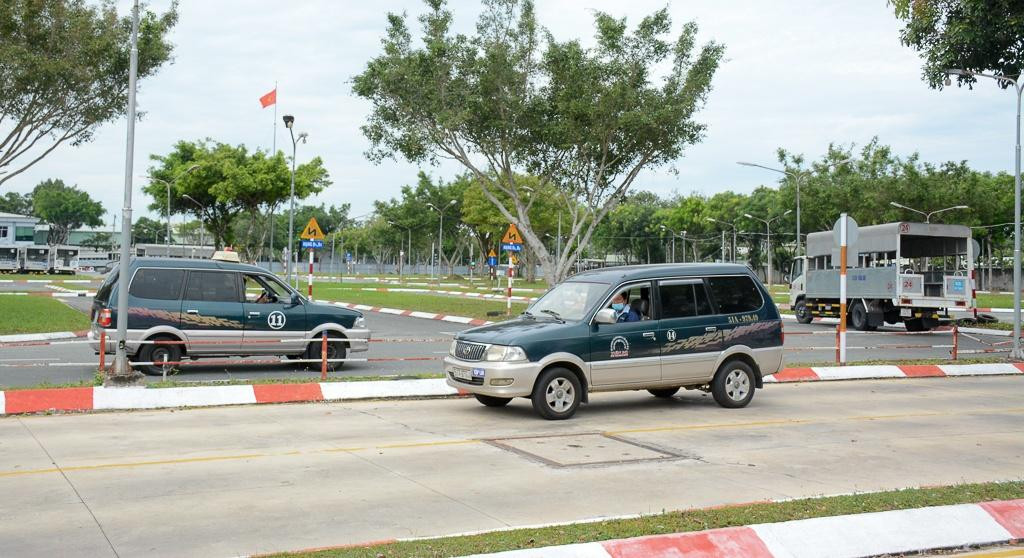New regulations from 2023 that car driving learners need to know
From 2023, studying and taking driving tests for all classes of cars in Vietnam will become more difficult when new regulations are applied, in which students must study additional driving programs in simulated cabins, and training content will increase.
From 2023, in addition to adding new subjects, new exam content... Management and supervision of students' car driving learning process will also be tightened thanks to monitoring devices. Below are the changes in studying, testing and granting car driving licenses in Vietnam from 2023, students participating in studying and taking the driving license test need to know:
From January 1, 2023, students must learn to drive in a simulator cabin.
After many postponements due to various reasons, from 2023 onwards, all driving students must take an additional course in car driving in a simulator cabin. Previously, on April 22, 2022, the Ministry of Transport issued Circular 04/2022/TT-BGTVT amending Circular 12/2017/TT-BGTVT on training, testing, and granting of road motor vehicle driving licenses with many notable contents related to learning to drive cars in a simulator cabin.
 |
From 2023, all driving students must take an additional driving course in a simulated cabin. |
With this regulation, driving training facilities must equip and use car driving cabins to train drivers before December 31, 2022. Along with the car driving cabin, the device to monitor the time and distance of students' driving lessons on the road must also meet national technical standards. Thus, from January 1, 2023, all car driving training centers will have to simultaneously organize teaching of car driving lessons on simulated cabins.
Add more driving lessons
With the requirement to learn to drive in a simulator cabin, the content of a car driving course from 2023 will increase. Specifically, according to the provisions of Articles 13 and 14 of Circular 12/2017/TT-BGTVT, amended by Circular 04/2022/TT-BGTVT, the time for each student to practice driving in a simulator cabin is specifically regulated.
 |
Students studying for B1, B2 and C car driving licenses, driving time in the simulation cabin is 3 hours/course. |
In particular, students studying for B1, B2 and C car driving licenses, the driving practice time in the simulation cabin is 3 hours/course. Students studying to upgrade their car driving license will study driving in the simulation cabin for 1 hour (Specially, students studying to upgrade from B1 automatic to B1 do not have to practice driving in the simulation cabin).
Learning to drive a car on a simulator cabin will start with basic exercises such as vehicle operation, practice going uphill, perpendicular roads, winding roads similar to the driving test. Then students will approach advanced exercises with driving skills on complex terrains such as mountainous roads, highways, and city roads. Although the course content is added, the total time of the entire driving course remains the same. With more time for practical driving practice on a simulator cabin, the training program will reduce the time for practical driving practice with a driving practice car.
 |
| With more time for practical driving in a simulator, the training program will reduce the time spent on practical driving in a training car. |
With driving training centers simultaneously organizing teaching of driving courses in simulated cabins from 2023, it is likely that when taking the driving test, students will have to take a test simulating traffic situations on the computer.
The cost of learning to drive a car may increase.
Up to now, there is no legal document specifically regulating the tuition fee for car driving training. Pursuant to Clause 4, Article 2 of Joint Circular 72/2011/TTLT-BTC-BGTVT, driving training establishments are empowered to develop and decide on specific tuition fees for each driving license class in detail for each subject and then report to the Ministry in charge or the Provincial People's Committee or authorized agency for monitoring.
Training institutions are responsible for their own decisions on tuition fees and management. In case of tuition fees being issued and collected in violation of regulations, they will be handled according to regulations.
With driving training centers having to invest in equipment, rearranging classrooms, providing professional training, and providing professional training for teaching staff, etc. to serve the teaching of practical driving courses in simulated cabins, driving training centers have to spend a considerable amount of money. Therefore, it is likely that the tuition fee for a driving license will increase over time. However, the specific increase will depend on each driving training center.
